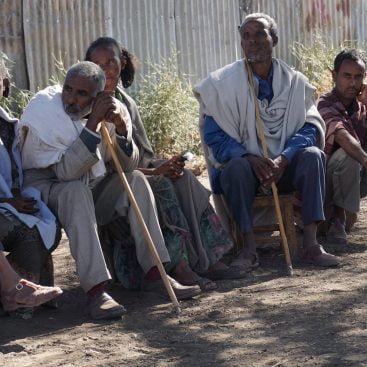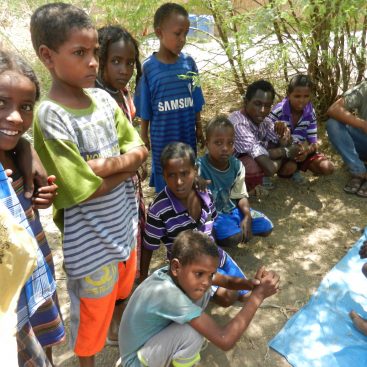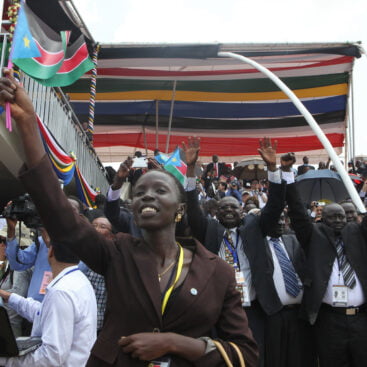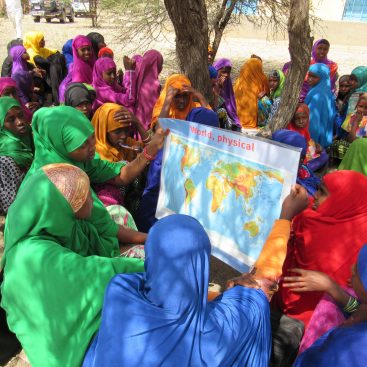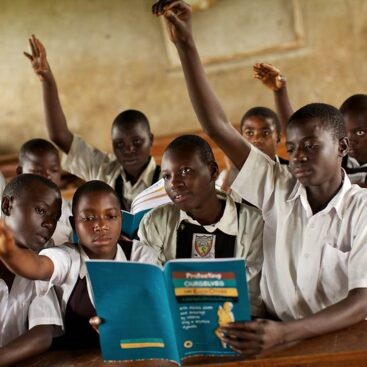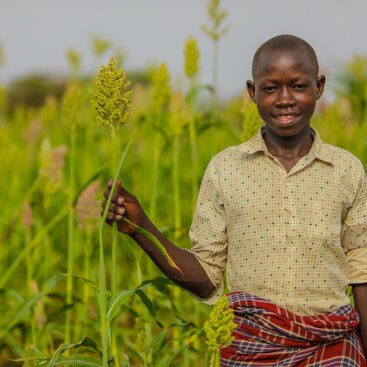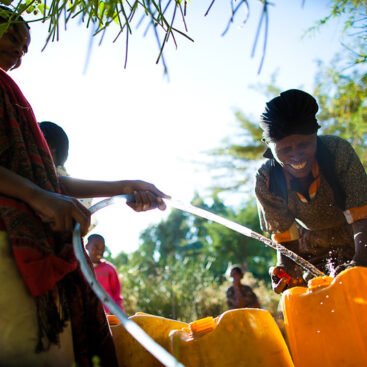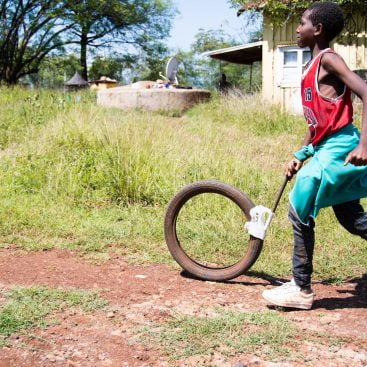Research Team
PI:

Godfrey Ejimakor
Professor of Agribusiness
North Carolina Agricultural and Technical State University
Email: ejimakor@ncat.edu
Co-PI:
Tiberious Etyang
Managing Director, Africa
Salvation Farming Solutions, LLC
Email: bryneousten@gmail.com
Embedded Research Translation Lead:
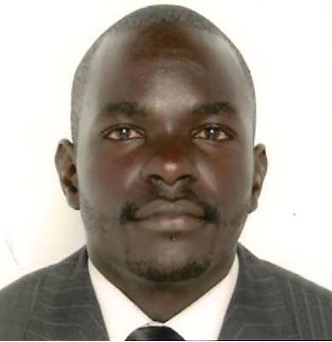
Tiberious Etyang
Managing Director, Africa
Salvation Farming Solutions, LLC
Email: etyang@salvationfarmingsolutions.com
Supporting Partner:
Sydney Mwamba
Acting Executive Director
Policy Monitoring and Research Centre (PMRC)
Project Information
Title of Project: Using Nature-Based Solutions to Improve the Productivity of Maize Growers in Zambia
Sector: Agriculture
Country: Zambia
Lead Institution: North Carolina Agricultural and Technical State University
Co-PI Institution: N/A
Partner(s): Salvation Farming Solutions LLC, Zambia Policy Monitoring and Research Centre (PMRC)
Final Budget: $150,000
Project Length: one year
Research Objective:
This research project aims to improve Zambia’s food security status by improving the productivity of maize farmers in the country. This goal aligns with two priority areas identified by USAID/Zambia’s Country Development Cooperation Strategy (CDCS): promotion of open and accountable governance; development of citizen capacity; and improvement in the capacity of the economy. The three objectives of the project are to (1) create awareness of Salvation Farming Solutions (SFS) techniques as a means of increasing productivity of maize farmers in Chipata, Mansa, and Nanga regions of Zambia and gauge the interest of farmers in participating in the project; (2) demonstrate the effectiveness of using SFS production techniques in maize production on selected farms in Chipata, Mansa and Nanga regions of Zambia; and (3) train extension agents, key informants, and stakeholders on how to use SFS farming techniques in the production of maize in Chipata, Mansa, Nanga and other regions of Zambia.
Project Description:
The goal of our project is to improve the food security status of Zambia by improving the productivity of maize farmers in the country. Our objective is to create awareness of Salvation Farming Solutions techniques as a means of increasing productivity of maize farmers in Chipata, Mansa and Nanga regions of Zambia and obtain expressions of interest for our project. Our second objective is to demonstrate the effectiveness of using SFS production techniques in maize production on selected farms in Chipata, Mansa and Nanga regions of Zambia. The third and last objective of our project is to train extension agents, key informants, and stakeholders on how to use SFS techniques in the production of maize in Chipata, Mansa, Nanga and other regions of Zambia.
We will convene a meeting of a gender-inclusive group of farmers in each of the three study regions and obtain information on their current management practices related to maize production. Farmers who volunteer for the project will be requested to divide their land devoted to maize production into two parcels. On one parcel of land, the project farmers will be requested to produce maize using conventional practices. The farmers will also be requested and assisted to use Salvation Farming Solutions (SFS) techniques to produce maize on the second parcel of land. Average yields per acre and return on investment will be compared for the two methods of production to demonstrate the efficacy of SFS techniques and promote its adoption as a method to reduce food insecurity, reduce poverty and use resources such as land in a more sustainable way.
Embedded Research Translation Product:
We will hold three workshops, one in each of our study regions. The workshops will be used to share the results on the yield and cost-saving advantages of using SFS methods with male and female farmers and other key stakeholders including agricultural extension agents. These workshops will help to inform farmers in the control group or those who did not participate in the study of the benefits of using SFS methods. In addition to the workshops, we will distribute training materials to extension agents and officers in other parts of Zambia.
Other translation products include: recommendations for farmers on how to use SFS methods and products; gender-inclusive training materials for farmers and key informants such as extension agents; a technical report on the project; a two-page summary of the technical report for the PMRC; posters/papers for professional conference proceedings; and an interactive social platform for multi-stakeholders interactions and communication with farmers.
Embedded Research Translation Audience:
Maize growers/farmers in Zambia, agricultural extension agents in Zambia, Officials in the Zambian Ministry of Agriculture.

